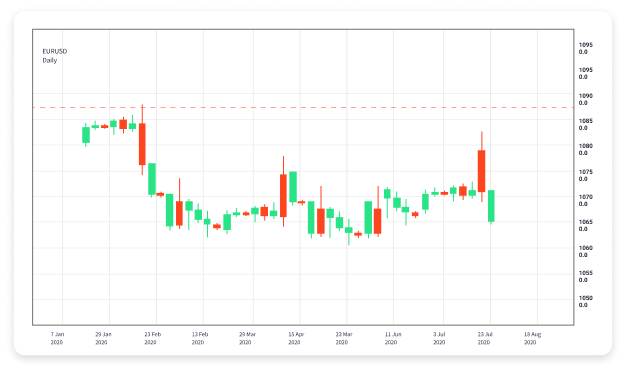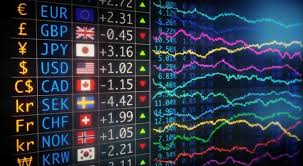Prämiengewinn auf Knopfdruck Erleben Sie erstklassige Unterhaltung mit Sportwetten, Live-Casino und
November 8, 2025The Rise of Online Sportsbook A New Era in Betting
November 8, 2025Forex Trading Basics A Beginner’s Guide to Success 1796638079

Forex Trading Basics: A Beginner’s Guide to Success
Welcome to the fascinating world of forex trading. Whether you are looking to invest for the long-term or make quick gains, understanding the basics of forex trading is crucial in today’s global market. To start, it’s important to consider reputable resources, such as forex trading basics beginners guide Forex Brokers in Jordan, which provide essential information and support for traders.
The foreign exchange market, or forex, is the largest financial market in the world, with a daily trading volume exceeding $6 trillion. Unlike stock trading, which is conducted on exchanges, forex trading occurs over-the-counter (OTC) in a decentralized global network among banks, institutions, and individual traders. As a beginner, the vastness of the forex market may seem intimidating, but with the right knowledge and tools, anyone can become a successful trader.
Understanding Forex Trading
Forex trading involves buying one currency while simultaneously selling another. For example, if you believe that the Euro (EUR) will appreciate against the US Dollar (USD), you would buy the EUR/USD currency pair. Conversely, if you think the USD will rise against the Euro, you would sell this currency pair.
Currency values fluctuate due to various factors, including economic indicators, geopolitical events, and market sentiment. Therefore, understanding how these elements influence currency movements is essential for developing effective trading strategies.
Key Terms in Forex Trading
Before diving into the practical aspects of trading, it’s important to familiarize yourself with some key terms:
- Currency Pair: A pair of currencies traded against each other (e.g., EUR/USD).
- Bid Price: The price at which a broker will buy a currency pair from you.
- Ask Price: The price at which a broker will sell a currency pair to you.
- Spread: The difference between the bid and ask prices.
- Leverage: The ability to control a larger position with a smaller amount of capital, magnifying profits and losses.
- Lot Size: The standardized quantity of a currency that a trader buys or sells.
Getting Started with Forex Trading
1. Choose a Reliable Forex Broker: The first step in your trading journey is to select a trustworthy forex broker. Make sure they are regulated, offer competitive spreads, and provide a robust trading platform.
2. Create a Trading Account: After selecting a broker, the next step is to open a trading account. Decide whether you want a demo account to practice trading strategies or a live account to start trading with real money.

3. Learn Technical and Fundamental Analysis: Technical analysis focuses on price charts and indicators, while fundamental analysis looks at economic news and data. As a beginner, it is essential to refine your skills in both areas to make informed trading decisions.
4. Develop a Trading Strategy: A well-defined trading strategy will guide your trading decisions. This might include setting entry and exit points and determining when to use stop losses. A robust strategy adapts to both wins and losses.
Practice Good Risk Management
Risk management is vital in trading, as it helps you minimize losses and maximize profits. Consider the following:
- Set Stop-Loss Orders: Automatically close a losing position at a predetermined price to limit losses.
- Position Sizing: Never risk more than a small percentage of your trading capital on a single trade.
- Be Disciplined: Stick to your trading plan and avoid emotional decisions that can lead to significant losses.
The Importance of a Trading Journal
Keeping a trading journal is an excellent practice for any trader, especially beginners. Documenting your trades helps you understand your performance, learn from mistakes, and refine your strategies over time.
A trading journal should include:
- Entry and exit points
- Rationale for the trade
- Outcomes (wins/losses)
- Emotional state during the trade
Continue Learning and Adapting
The forex market is constantly evolving, and successful traders commit to lifelong learning. Follow market news, engage in trading communities, and enhance your skills through continuous education. Consider participating in webinars, taking online courses, or reading books written by seasoned traders.
Finally, remember to remain patient and persistent. Forex trading is not a get-rich-quick scheme; it requires dedication and practice to master. Embrace the learning process, and over time, you will develop the confidence and skills needed to navigate this dynamic market.
Conclusion
Understanding the basics of forex trading can empower you to make informed decisions and enter the financial markets with confidence. Start small, develop a trading plan, and continuously educate yourself to reach your trading goals. With the right mindset and a solid foundation of knowledge, anyone can succeed in forex trading.
